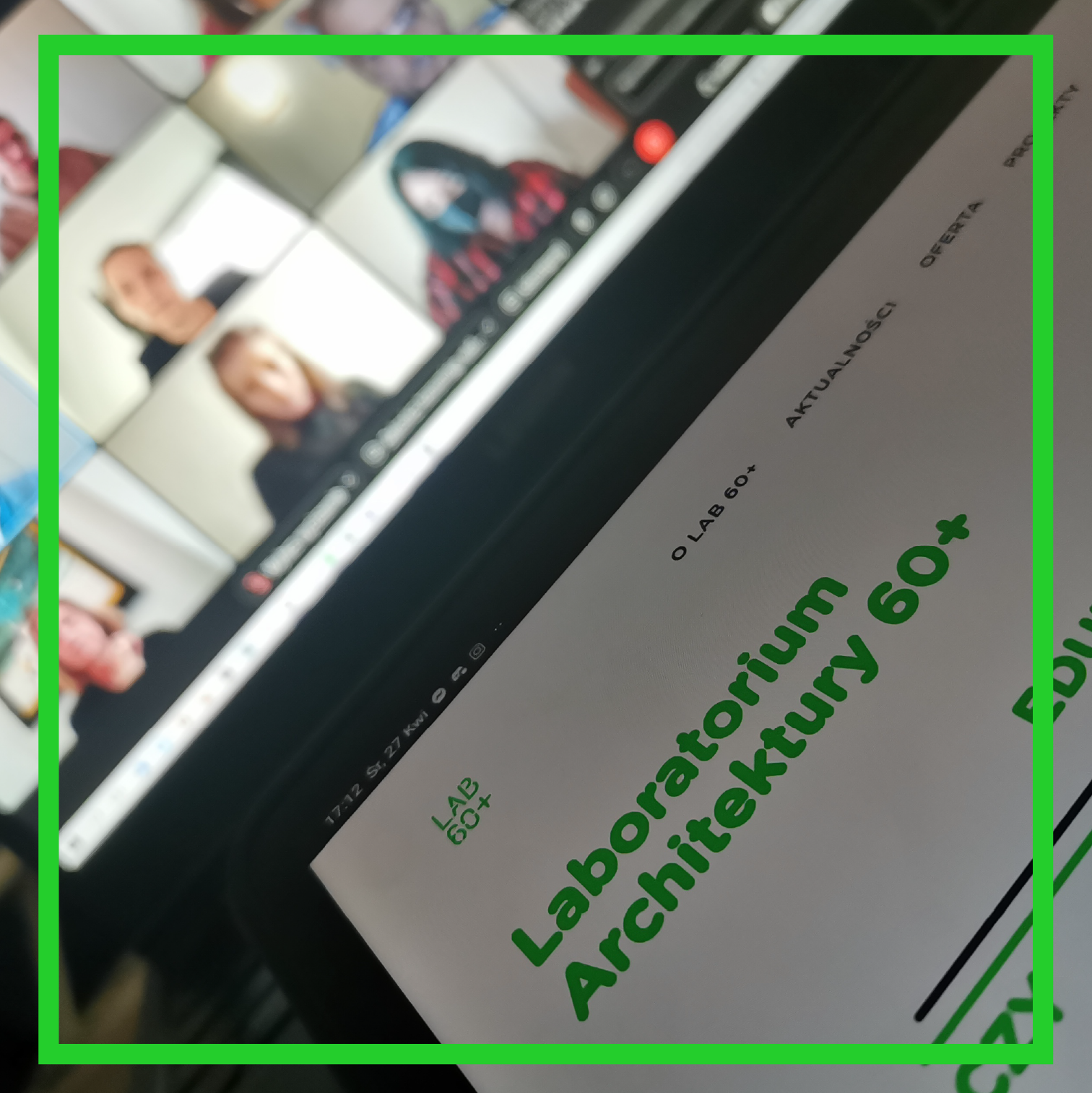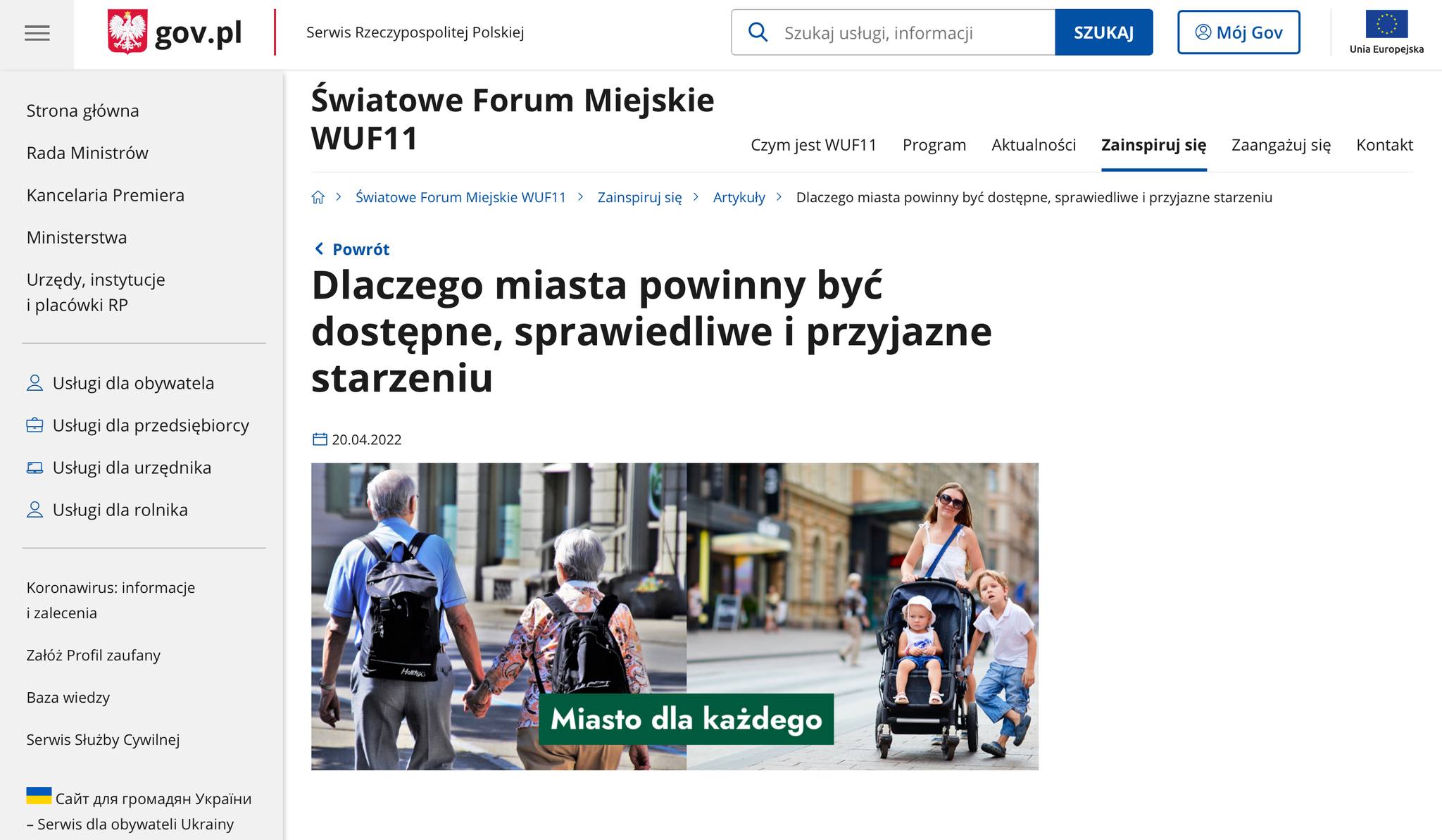
Urban Analysis
We consider urban analysis quite broadly as a tool for examining space:
1. the plot (micro)
2. surrounding, i.e. the area adjacent to the investment site (meso)
3. in many cases we analyze the whole city/district/town/village (macro), where the investment is to be implemented.
We analyze aspects related to:
-pedestrian traffic,
-communication
-public/community spaces
-provision of services
-safety
-accessibility (physical, behavioural, economic, etc.)
- others...
And all through the lenses of "everyday life" and "special needs groups"
We confront the results from the analyses with the conditions of land use in the analyzed area in terms of functions, parameters, features and indicators of development and land use.
Why?
To enable determination of requirements/guidelines for new development.
Urban planning analysis is the first step to creating an exceptional object and an important guideline for further design activities.
27 June 2022







